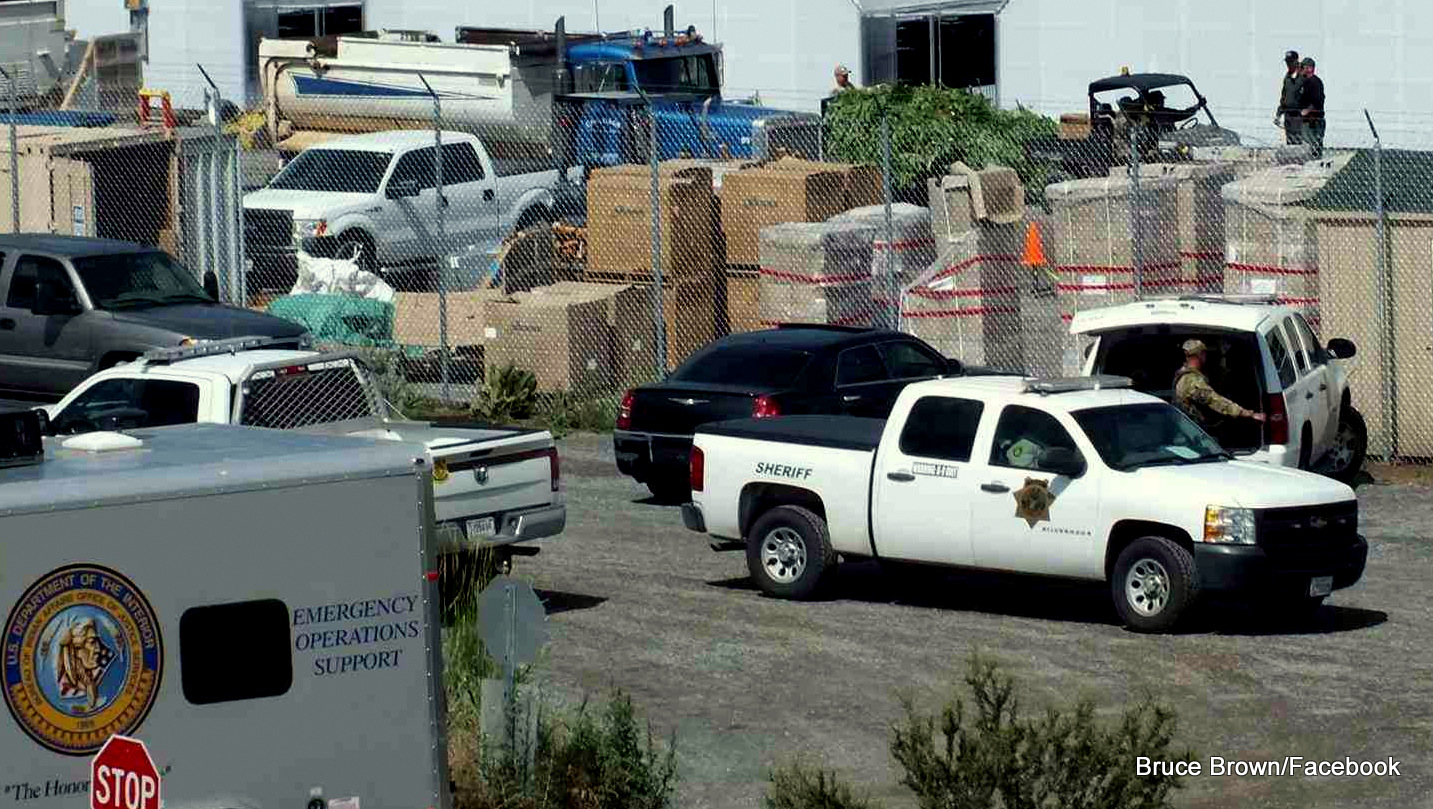As Washington and Iran celebrated a nuclear deal that many see as a historic step forward for relations between both countries, Israeli Prime Minister Benjamin Netanyahu took to social media to repeat what’s becoming an increasingly tired refrain: that peace with Iran spells impending doom for Israel and will lead to widespread suffering in the Middle East.
On Tuesday, world leaders reached an agreement that brings an end to lengthy negotiations with Iran over its controversial nuclear program. The deal seeks to limit Iran’s ability to produce a nuclear bomb for at least the next 15 years while still allowing the country to continue low-level enrichment necessary for nuclear power generation. To uphold the agreement, international inspectors would have increased, but not unlimited, access to Iranian nuclear facilities. In return, Iranians can look forward to a gradual easing of sanctions that have had a brutal effect on their economy.
While Iranians celebrated the deal, Netanyahu took it as an opportunity to repeat a militaristic message that’s been Israel’s main talking point since before the prime minister’s controversial speech to Congress.





